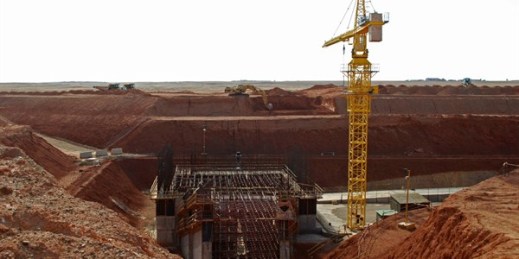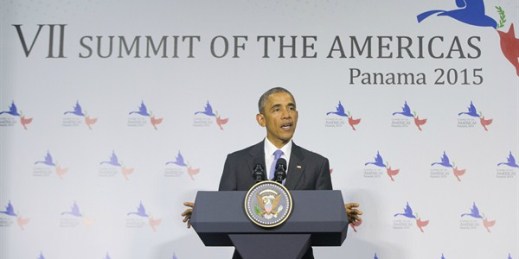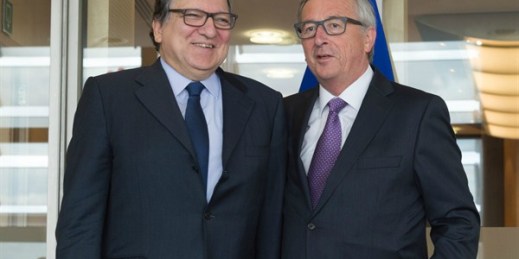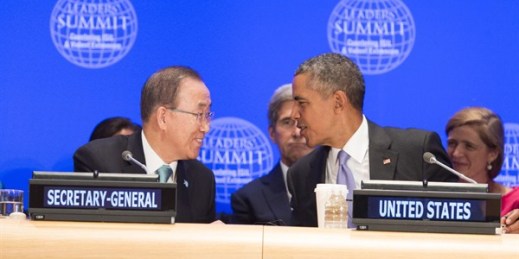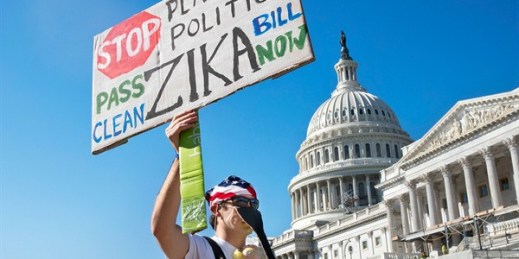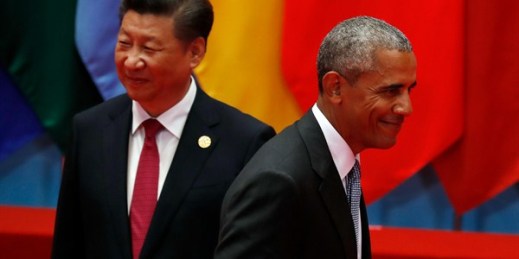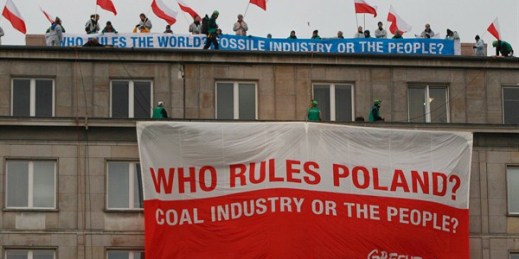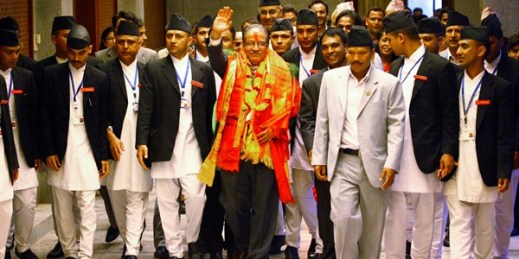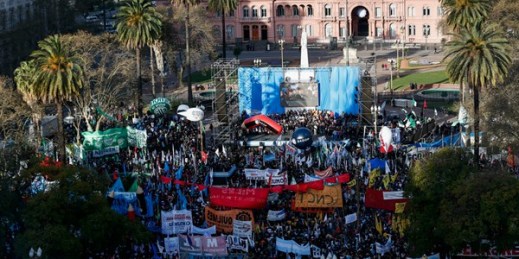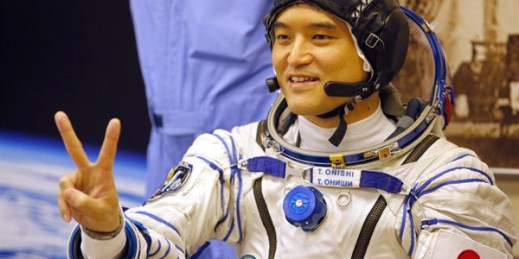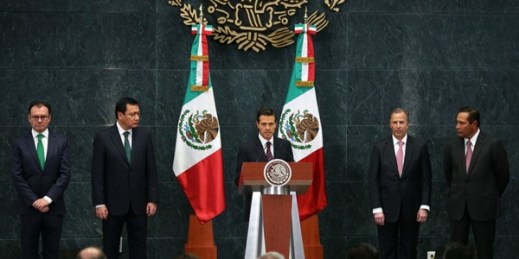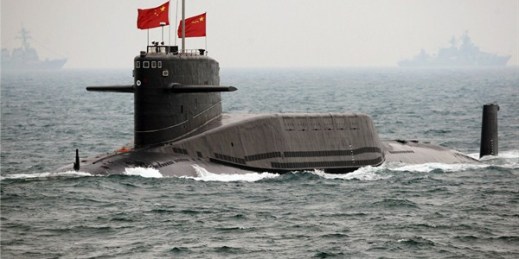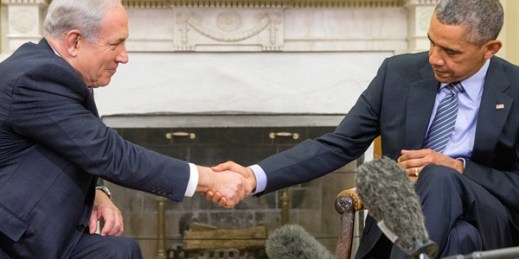
In the waning months of the Obama administration, the drama of U.S.-Israeli relations driven by personal and policy frictions between President Barack Obama and Prime Minister Benjamin Netanyahu has dimmed. The two leaders’ lack of rapport has become irrelevant, as Obama works to demonstrate an unstinting American commitment to Israel’s security. What remains to be seen is to what extent he will emphasize the unfinished business of Palestinian statehood in his remaining time in office. This month, U.S.-Israeli relations have been back in the news, after being largely absent from the national security preoccupations of the presidential candidates and the […]

